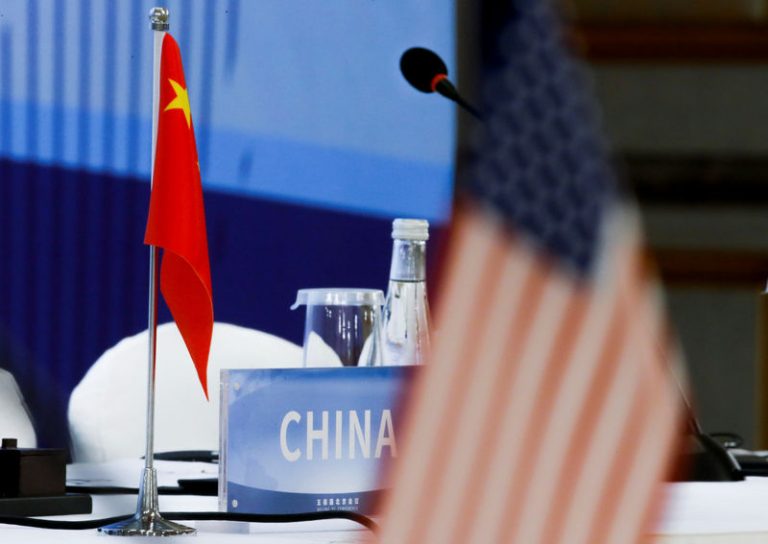Investing.com — Escalating U.S.-China tensions could trigger new tariffs, with EMs potentially bearing the brunt rather than China itself, according to UBS.
Chinese export prices have fallen 18% from their post-pandemic peak, while global export prices declined by only 5%. This significant disinflationary effect has bolstered China’s export competitiveness, with Chinese export volumes rising 38% over the past five years compared to a mere 3% globally.
UBS analysts suggest that new tariffs on China could deepen the export-driven pressure on other emerging economies rather than China itself.
The market hasn’t fully priced in the risks, UBS notes, emphasizing that EM equity valuations remain 30% higher than during previous U.S.-China trade disputes despite weak returns on equity.
The research also points to vulnerabilities in tariff-sensitive industries like steel, autos, and transport infrastructure, which form a larger share of EM equity indices compared to developed markets. Furthermore, a shift in U.S. trade deficits away from China toward countries like Mexico, Vietnam, and Taiwan could make EM equities even more exposed to protectionist policies.
While some investors believe these risks are already reflected in EM asset prices, UBS counters that optimism in earnings growth projections and compressed credit spreads suggest otherwise.

